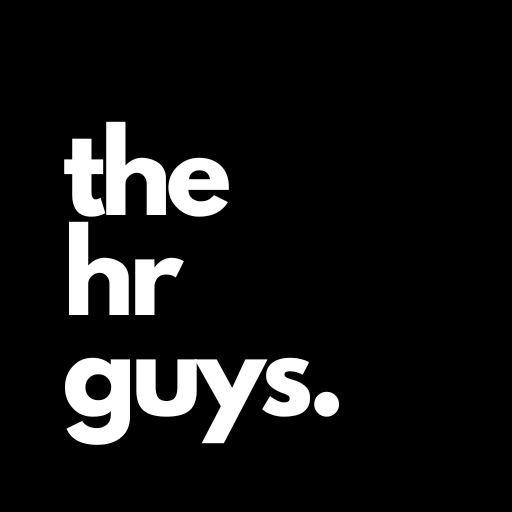Maximising Recruitment Success: What Do Employers Expect from Recruiters?
Written by Paul Withers
Recruitment agencies play a vital role in connecting businesses with the right talent. But what exactly do employers expect from these agencies? I recently conducted a LinkedIn poll to delve into this question, and the results were enlightening.
Key Insights from the LinkedIn Poll
I posed a simple question to hiring managers:
As a hiring manager using an external recruiter, how would you prefer to structure the recruitment fee?
– 20% payable on candidate start
– 10% – 50% of this is paid upfront as a retainer
This question emerged from a conversation with a friend who heavily relies on recruitment agencies for staffing. Despite being willing to pay the fees, they were frustrated by inconsistent service and high costs. This led me to explore two main issues:
1. How recruitment companies sell versus deliver their services.
2. The impact of the Multi-Agency contingency model.
Issue 1: Sales Promises vs. Delivery Reality
Many recruitment agencies impress clients with skilled sales professionals who promise excellent service. However, once hired, the actual work is often delegated to less experienced resourcers. This can lead to inconsistent delivery and frustration for employers.
Solution: Thoroughly vet your recruitment partners. Understand their process and know exactly who will be working on your assignment. Building strong relationships with reliable agencies can significantly improve your experience.
Issue 2: The Multi-Agency Contingency Model
The common practice of assigning a vacancy to multiple agencies might seem like it would yield better results, but it often does the opposite. When several agencies spam job boards with the same listing, it diminishes the job’s appeal and results in lower-quality applications.
Agencies operating under this model typically have a 20-25% fill rate. They often prioritise easier jobs to ensure they meet targets, neglecting more challenging positions.
Solution: Consider exclusive or retained partnerships. These models promote higher quality work, as the agency can focus on delivering the best candidates without the pressure of competing with others.
Benefits of Retained and Exclusive Recruitment Models
Moving to a partnership model, where agencies are retained or given exclusivity, can drastically improve outcomes. Retained searches typically have a fill rate of 90% or higher, as the agency invests more time and resources into each assignment.
Poll Results and Insights
My LinkedIn poll revealed that 75% of respondents prefer the traditional 20% fee paid on the start date over a 10% fee with a 50% upfront commitment.
Does this indicate a lack of confidence in agencies’ ability to fill roles?
OR
Does it suggest that many employers use agencies to simply supplement their own internal recruitment efforts?
If you were confident in the agency’s ability and were trusting them to handle the full lifecycle of the assignment, then an upfront commitment and reduced overall fee seems like a sensible option. If however you are not confident in their abilities, or simply just want a few more CVs then you can see why the multi-agency contingency model, even if terrible for candidate experience, is still so popular.
Conclusion
If you rely on recruitment agencies and stick with the traditional multi-agency model then expect to pay more and experience varying service levels. However, for more consistent and quality results, consider exclusive or retained models. These partnerships encourage better service, enhance candidate experience, and ultimately provide better value for both sides.
Next time you need to hire, why not give a partnership model a try? It could transform your recruitment process.
—
By optimising the structure and expectations of your recruitment efforts, you can achieve better outcomes and build more effective, long-lasting relationships with your recruitment partners.

